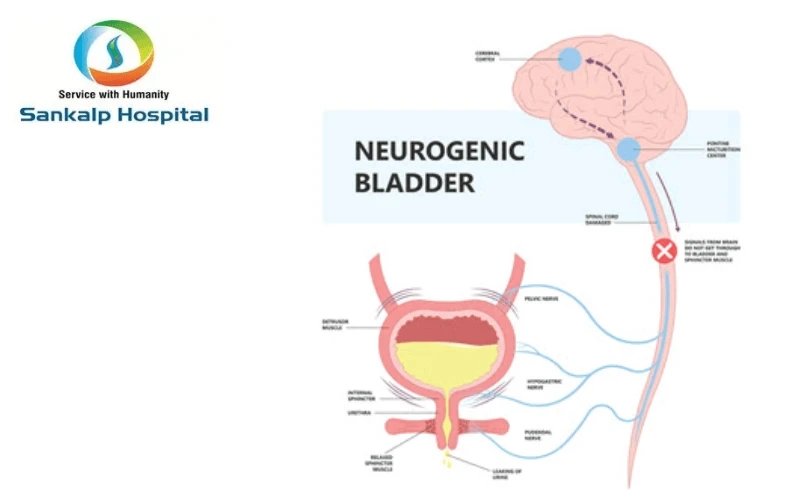Prostatitis is an inflammation and swelling of the prostate gland. It is not prostate cancer and is not the same as Benign Prostatic Hypertrophy (BPH).
What are the causes, symptoms, and treatments for Neurogenic bladder?
There are four types of Neurogenic bladder. Each has its own unique set of symptoms, causes, and therapies.
Treatment options for neurogenic bladder management include medications that may help you regulate when you urinate or have a bowel movement. A spinal cord injury may disrupt communication between the brain and the spinal cord nerves that control bladder and bowel function. This may result in bladder and bowel problems, referred to as neurogenic bladder or neurogenic bowel. People with multiple sclerosis or spina bifida may have comparable symptoms.
Loss of bladder control, difficulty emptying the bladder, urine frequency, and urinary tract infections are all signs and symptoms of neurogenic bladder.
Loss of bowel control, constipation, bowel frequency, and a lack of bowel motions are all symptoms of neurogenic bowel.
Options for bladder care for patients with neurogenic bladder include:
Medications
These drugs may help lessen bladder contractions, lower urine frequency, improve loss of bladder control, enhance bladder storage, or empty the bladder.
Clean intermittent catheterization (CIC)
These drugs may help lessen bladder contractions, lower urine frequency, improve loss of bladder control, enhance bladder storage, or empty the bladder.
Continuous catheterization
To continually empty your bladder, a health care practitioner may place a catheter through your urethra or abdominal wall and into your bladder.
Surgical procedure
Doctors trained in bladder management may perform bladder reconstructive surgery that may resolve or improve bladder symptoms.
Want to learn more about Neurogenic Bladder, consult Dr. Amit Doshi the best Urologist in Vadodara.
Also read: What is Percutaneous Nephrolithotomy?
Thanks for reading!



